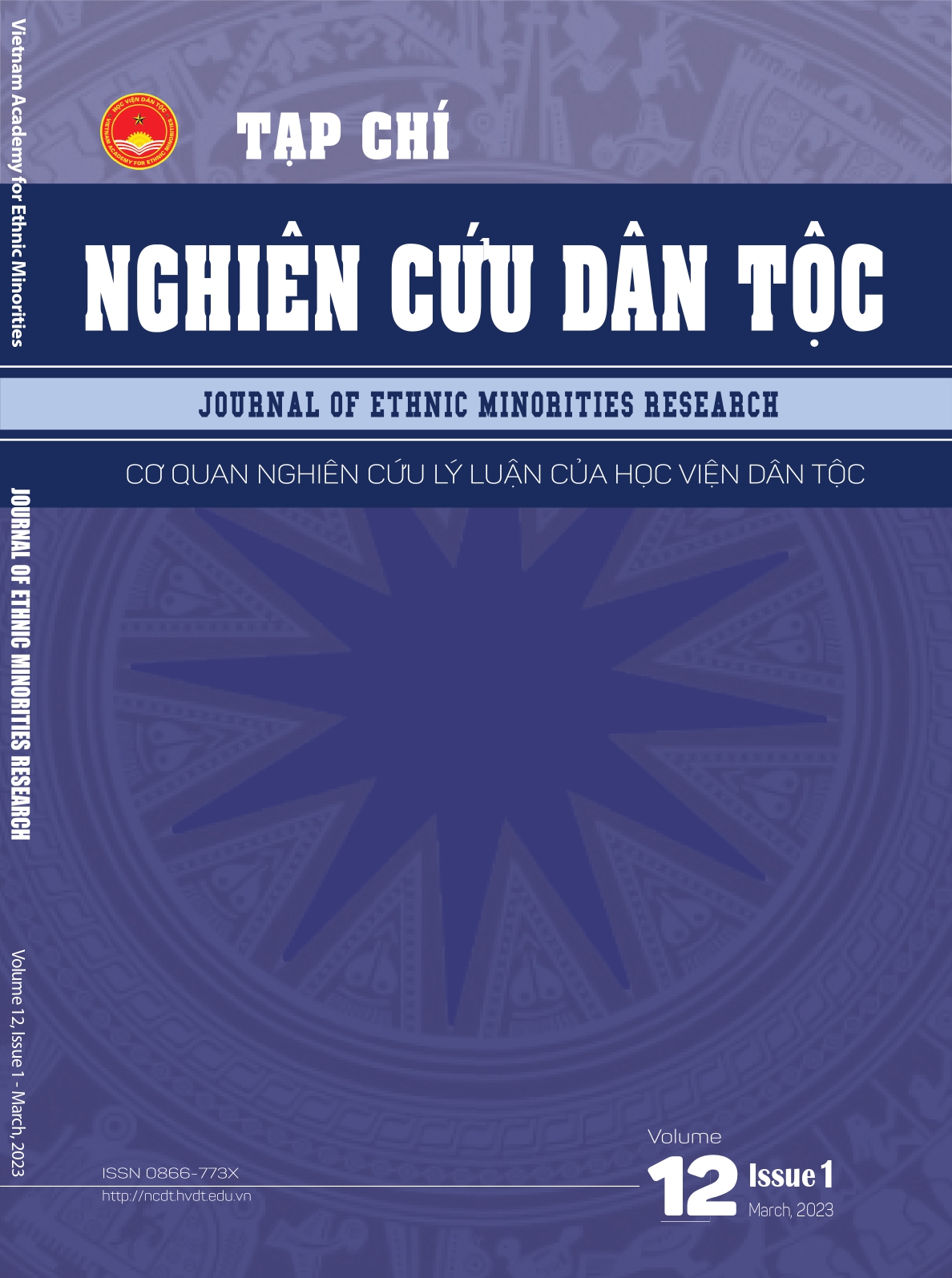IMPROVING THE QUALITY OF ENGLISH TEACHING SPECIALIZED IN BORDER MANAGEMENT FOR UNIVERSITY TRAINING STUDENTS AT BORDER ACADEMY
DOI:
https://doi.org/10.54163/ncdt/58Abstract
Teaching English as well as English specialized in border management is being paid special attention by the Party Committee and Board of Directors of the Border Academy (Vietnam Border Guard Command). Well aware of the importance of the subject to the border management and protection as well as the foreign affairs work of the Border Guards, Department of Foreign Languages - Faculty of Basic Science, Border Academy, recently, has actively innovated teaching methods, proposed plans to conduct field surveys at the grassroots units, recording images in the field, builting lively visual lectures, help learners use English language at work in the most effective way.
References
Benson, P. (2005). Autonomy and information technology in the educational discourse of the information age. In C. Davison (Ed.), Information technology and innovation in language education (pp. 173–191). Hong Kong: Hong Kong University Press.
Benson, P. (2011). Teaching and Researching Autonomy 2nd ed. Nx Pearson Education.
Bộ Quốc phòng. (2003). Nghệ thuật quản lý, bảo vệ biên giới quốc gia trong tình hình mới. Hà Nội: Nxb. Quân đội nhân dân.
Bộ Quốc phòng. (2016). Một số nhiệm vụ cấp bách nâng cao chất lượng dạy và học ngoại ngữ trong hệ thống nhà trường Quân đội. Chỉ thị số 89/CT-BQP ngày 9 tháng 11, Hà Nội.
Bouzidi, H. (2009). Between the ESP Classroom and the Workplace: Bridging the Gap. English Teaching Forum, no.3.
Cục Nhà trường. (2018). Nâng cao chất lượng dạy và học ngoại ngữ trong các học viện, nhà trường quân đội. Kỷ Yếu Hội Thảo.
Đảng ủy Bộ Tư lệnh bộ đội Biên phòng. (2009). Việc học ngoại ngữ, học tiếng dân tộc và tiếng nước láng giềng đối với cán bộ, chiến sĩ bộ đội Biên phòng. Chỉ thị số 19-CT/ĐUBP, ngày 24 tháng 11, Hà Nội.
Kennedy, C., & Bolitho, R. (1984). English for specific purposes. London Macmillan.
Lập, T. Q. (2008). Phát triển năng lực tự học trong hoàn cảnh Việt Nam. Tạp Chí Khoa Học Trường Đại Học Cần Thơ, số 10, tr.169-175.
Quỳnh, L. X. (2013). Fostering learner autonomy in language learning in tertiary education: An intervention study of University students in Hochiminh City, Vietnam. Luận văn tiến sỹ, Đại học Nottingham.
Thảo, Trần Quang, & Huy, D. (2021). Tertiary Non-English Majors’ Attitudes Towards Autonomous Technology-Based Language Learning. In Proceedings of the 17th International Conference of the Asia Association of Computer-Assisted Language Learning. https://doi.org/https://doi.org/10.2991/assehr.k.210226.018
Thảo, Trần Quốc. (2020). EFL students’ attitudes towards learner autonomy in English vocabulary learning. English Language Teaching Educational Journal, 3(2), 86–94. https://doi.org/https://doi.org/10.12928/eltej.v3i2.2361
Thủy, N. T., Trí, N. Đ., Khánh, N. Đ. L. Q., & Xuân, L. T. T. (2022). Quizlet as a Tool for Enhancing Autonomous Learning of English Vocabulary. Asia CALL Online Journal, 13(1), 150–165. https://doi.org/https://doi.org/10.54855/acoj221319
Tín, Đ. T. (2010). Learner autonomy in EFL studies in Vietnam: A discussion from socio-cultural perspective. English Language Teaching, 3(4), 3–9.
Tín, Đ. T. (2012). Learner autonomy perception and performance: A study on Vietnamese students in online and offline learning environments. Luận án tiến sỹ Trường Đại học La Trobe.


